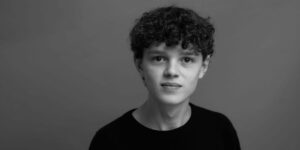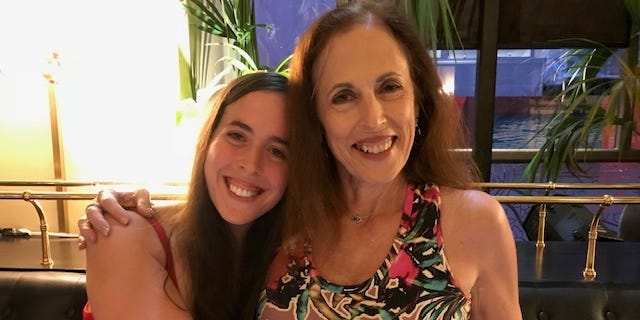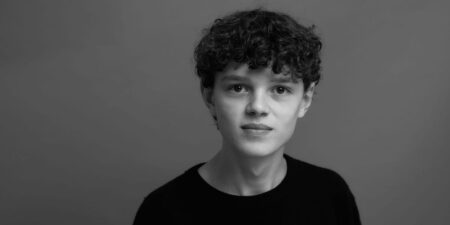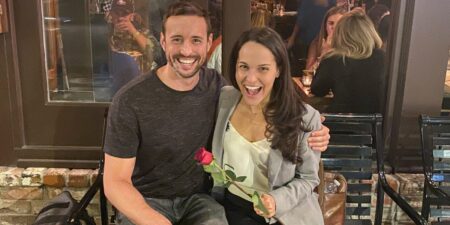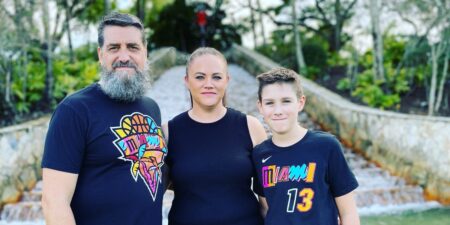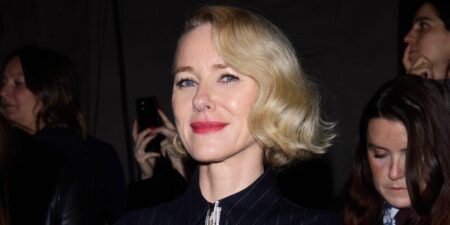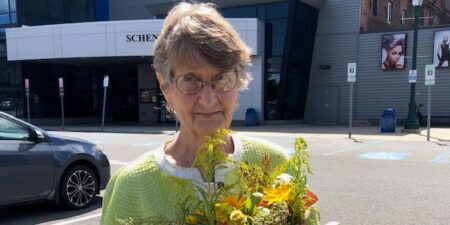This story is based on a conversation with Marguerite Elisofon, 69, a writer and special needs consultant from New York City. It has been edited for length and clarity.
My 34-year-old daughter, Samantha, has already chosen the song she’ll perform at her twin brother, Matt’s, wedding in May next year.
She’s refining her version of Bette Midler’s “Wind Beneath My Wings.” Not that it needs refining: it was the highlight of her solo concert, “Daring to Dream,” last month.
The event was a sell-out, and there was rapturous applause. The crowd’s appreciation of Samantha made me prouder than ever. Diagnosed with autism as a toddler, she loves to challenge negative perceptions about people on the spectrum.
Samantha and Matt were born premature at 33 weeks in December 1990. He was the stronger of the two and was placed in a regular incubator. But Samantha, who had jaundice and heart arrhythmia, needed breathing tubes when she was in the NICU.
Samantha’s language seemed more repetitive than social
We were extremely worried, but she came home. Time passed, and while Matt reached certain milestones, like pointing and sitting up. Samantha fell behind.
I noticed that she struggled to make eye contact and flapped her hands. The doctors tested her hearing because she wouldn’t turn her head when we called her name, but the result came back normal.
Then, when she finally began to talk, her language seemed more repetitive than social. At first, we were told she had pervasive developmental disorder. Then, they said autism.
But labels mean nothing. Over the years, Samantha has been put in 99 different boxes, none of which have made any difference in the long run.
She attended a language-based special education school and received various supplementary services at home, such as occupational, play, and physical therapy.
One specialist said she was more like a 2 or 4-year-old when she was 8. Her anxiety levels and behaviors got worse, and many of the so-called expert predictions were dire.
We did everything we could afford to help. Between the ages of 10 and 18, she went to a visual and conceptual development center to work on her logical thinking.
Then Matt got into Vassar College to study English and film. He and Samantha had always been rivals, and she told me, “If he can do it, why can’t I?”
Her teachers had their doubts, but she was determined to get a degree like her brother. We looked at different options for neurodiverse kids, and settled on a liberal arts program culminating in two and a half years at Pace University, where she thrived.
My daughter was nominated for a top acting award
Matt earned his degree from Vassar in 2013, and Samantha graduated cum laude the following year. My husband, Howard, and I felt a rush of pride. She’d proved everyone wrong by achieving so much.
But Samantha’s greatest talents lie in music and theater. She joined a performing arts group and, at the age of 26, landed a lead role in “Keep The Change,” a movie about a love-struck couple on the spectrum.
She was nominated for Best Actress at the 2017 Tribeca Film Festival, and although she didn’t win, it felt like a triumph. Since then, she has appeared in dozens of plays and musicals. Her “Daring To Dream” performance in September showcased her skills as a lyrical soprano.
Samantha’s disability puts some limitations on her day-to-day life. She can’t live alone. She relies on both Howard and me for financial and emotional support. I jokingly call myself an “autism momager” because I look after her career and schedule.
Sharing a Manhattan apartment with an autistic adult child has its rewards and challenges. Samantha is a beautiful woman with charisma and energy. She lights up a room, and people are drawn to her.
But she also has profound anxiety that can lead to meltdowns with plenty of F words.
I’m trying to be more of a hands-off parent
She’ll accuse me of infantilizing her when I tell her to go brush her hair. If I set a place for her at the kitchen counter, it threatens her independence. Things have improved because I’m trying to be more hands-off so she can learn to do more things for herself.
Matt getting married has stirred up mixed emotions for me. While I’m delighted for him and his fiancée, I feel a little sorry that Samantha is unlikely to settle down and have a family of her own.
I once wrote a blog about the reality of being an autism parent. I named it “The Never Empty Nest” and often reflect on the title. Matt fled; his twin stayed. Still, I treasure these extra years with my unique and amazing daughter.
Read the full article here




